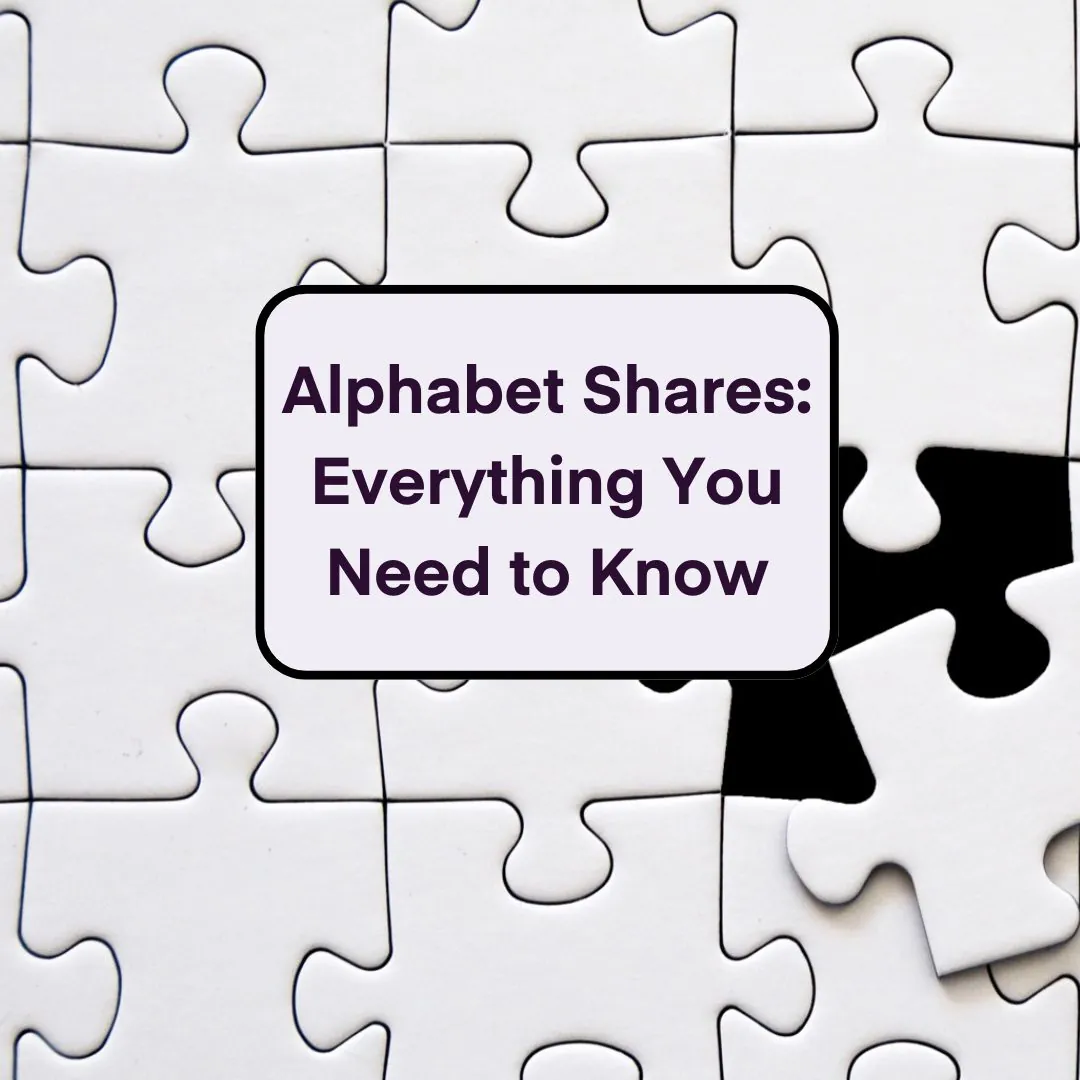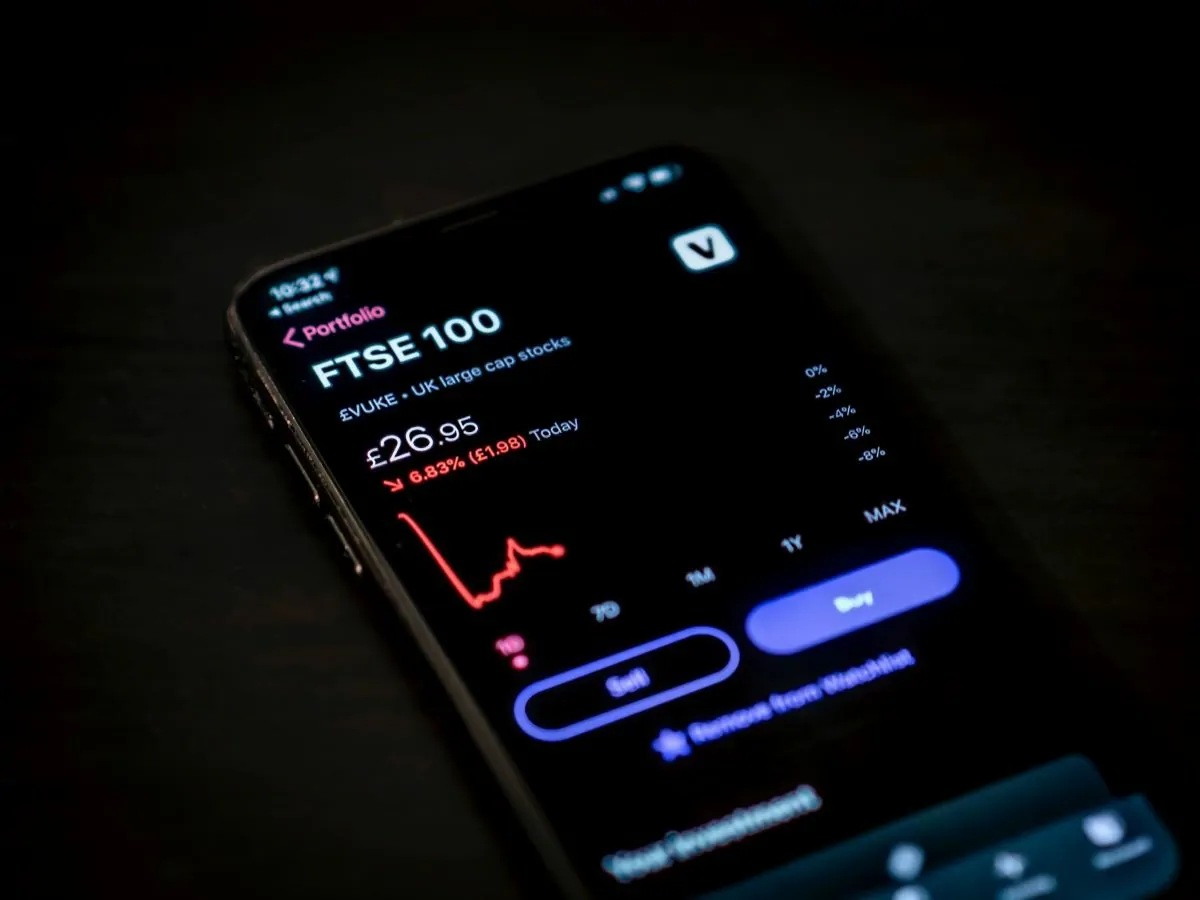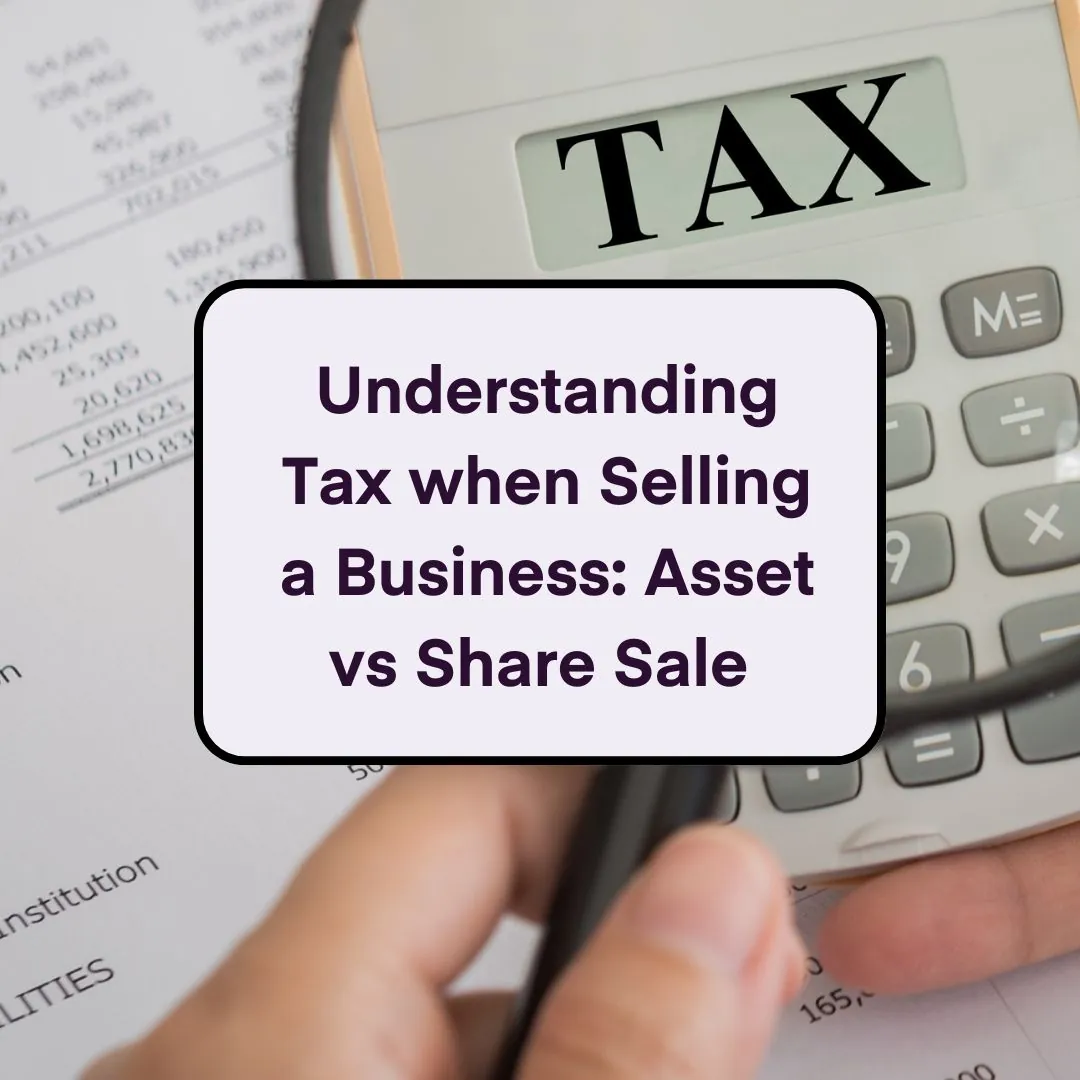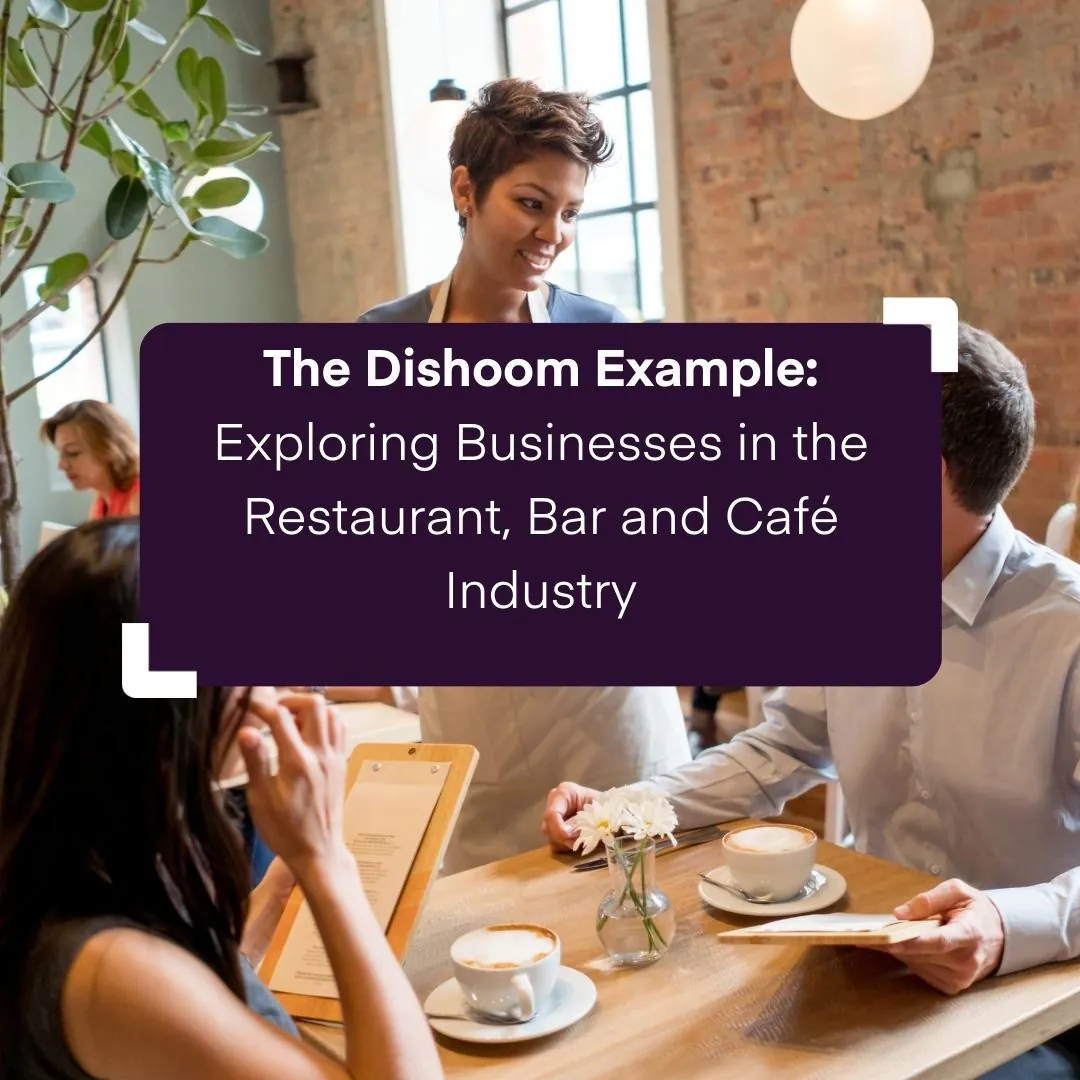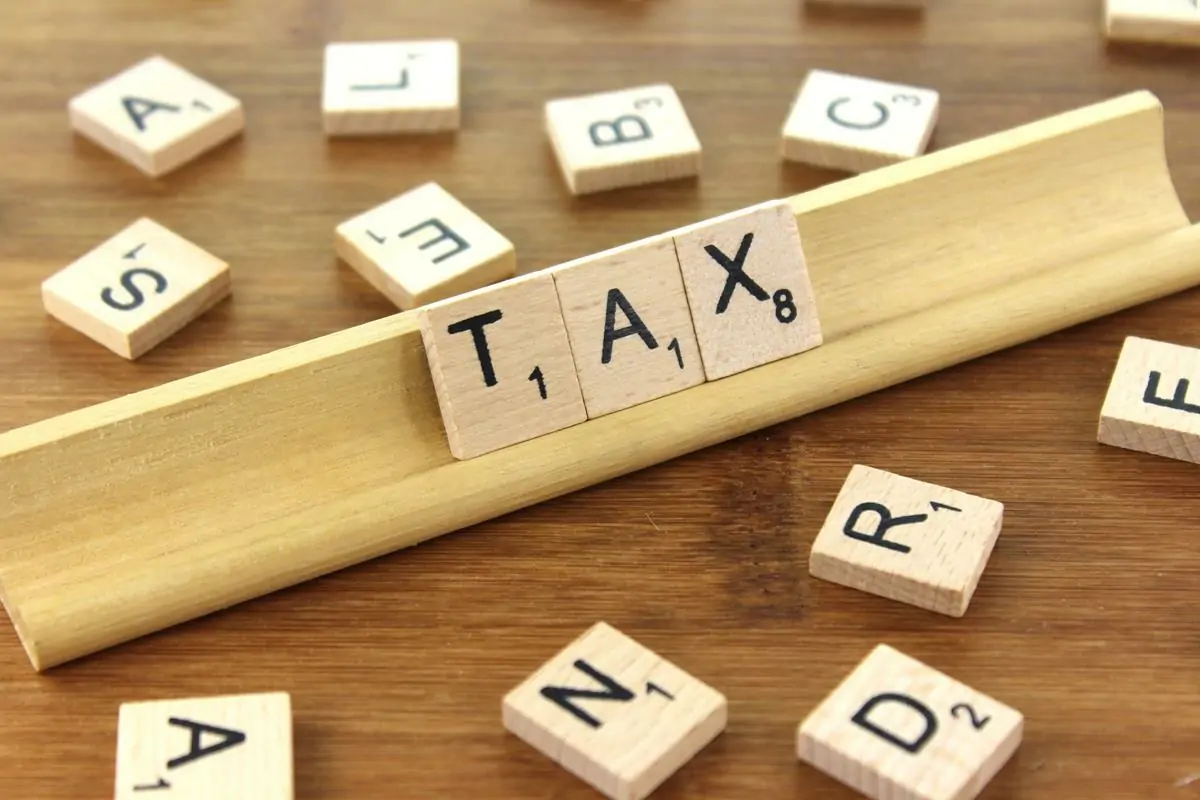
Tax Tips for Writers
15 Jul 2016The median income for a published author is £11,000 p/a (2014). If you’re an aspiring writer, you’ve generally got to do it for the love to start with at least.
But whether you’re JK Rowling, starving in a garret, or somewhere in between, you could be better off if you made friends with the tax system.
When does a hobby become a job?
Professional writers can claim back tax for all kinds of expenses, but when do you qualify as a professional? The simple answer is: as soon as you get paid. The taxman couldn’t argue with this. However, there are some circumstances in which you could register yourself as self-employed as a writer before you’re published, even while in unrelated full-time employment.
If you have an agent, you have a professional stamp of approval that you aren’t just playing around, but working on a saleable product. If you don’t have an agent, it’s a bit trickier, and it comes down to being honest.
If you invest significant time and any money in your writing, have a clear idea of the book you’re writing, and have researched how to approach specific literary agents, you may have grounds to consider yourself a professional writer. This, in turn, might give you the funds, confidence and discipline to finish that book. If you think you might qualify, your safest route is to talk to an accountant.
Writers’ allowable expenses
In order to claim back any tax, you must have an income above the personal tax allowance, through full or part-time employment. If writing full-time, but not yet generating money from writing, you can’t claim as you aren’t paying into the system. For each allowable expense, you must carefully consider what percentage you use for your writing, against your personal usage.
Stationery and office equipment are obvious, but writers often forget they use their homes as offices, and can claim for costs incurred renting, heating and maintaining their homes. To work out your allowable percentage, you must consider the proportion of the building, and the proportion of time, spent using it for professional purposes.
Marketing expenses, such as a website, advertising or PR services, are allowable. Subscriptions to journals or related membership organisations, such as Mslexia, Writing Magazine, and NAWE, are often overlooked. If you self-publish, you can claim for costs incurred by the process, including editing, type-setting and cover design, or even a print-run.
Allowable travel expenses would be minimal, but don’t cut yourself short by forgetting trips to writing events or courses. Research and development costs are easily ignored as they’re usually fun, but they are legitimate investments in your business. Taking a writing course, buying books, or even going on a research trip to some far-flung destination, are all partially or entirely allowable.
Tax-free professional support
If you work in the creative industries, or are an artist of any kind, knowing what you can and can’t claim for can seem a confusing business. The best news is, hiring an accountant is also tax deductible, and this is the best way to make tax savings legitimately.
For tax tips specifically for bloggers, check out Sark e-Media. If you need more help with accountancy how to's go here.
